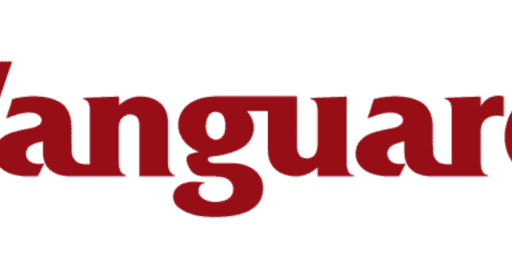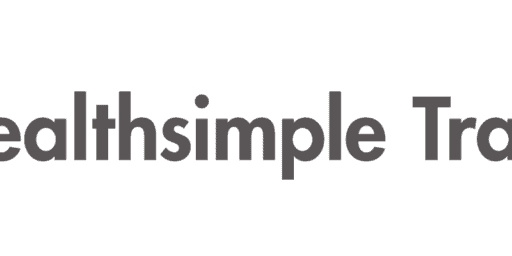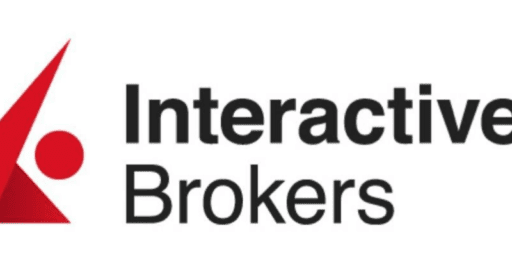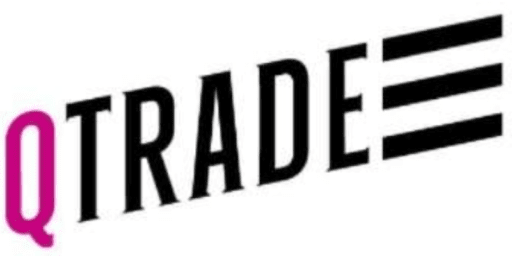Do I Need an Accountant To Do My Taxes?
Two of the most common questions that I have gotten in our MDJ inbox over the years are:
Do I need an accountant to do my taxes or can I DIY it?
Do I need an accountant for my small business in order to do bookkeeping, tax preparation, and general financial advising?
And then most recently (starting during the pandemic) the new one is:
Do I need an accountant near me, or will an online Canadian accountant do? (Will a virtual tax accountant work?)
Like many answers in personal finance, the frustratingly-true answer is: “It depends”.
Often my email exchanges start with, “Well… you can probably DIY your taxes if you’re willing to do these four or five steps.” And then they often end with, “You know what, for a few hundred bucks I know some super smart folks at Objective Financial. They can handle all of your accounting needs, file your taxes for you, and provide you with CFP-certified financial planning advice as well.
Best of all, they don’t sell commissioned products, take a % of your portfolio, or have all sorts of hidden fees – it’s just a basic dollars-for-hours-worked transaction. They are who I personally use for my accounting needs, and who I send my family to when they need help.”
It really comes down to how much work you want to put into your personal or corporate taxes, and how much you value your time NOT doing tax paperwork!
So let’s tackle these questions in-depth once and for all (mostly so that I can just direct my email inquiries to this article).
Do I Need an Accountant to Do My Taxes?
If you are a “T4 employee” – meaning that you basically get your income from one job, and the rest of your tax situation is fairly “vanilla”, then you probably don’t need an accountant to do your taxes. You can use a program like Wealthsimple Tax (formerly known as “SimpleTax”) to fill in the usual tax forms, and submit them to the CRA. I used to do this (before I had non-registered and registered accounts, plus a couple of corporations to coordinate).
Now, these simple tax returns are also the cheapest to have a professional prepare on your behalf, so it’s all about how much you value the time/energy tradeoff of DIY vs money saved. For a lot of people, a few hundred bucks is pretty reasonable to save the time and hassle.
Now, obviously the more complicated your tax situation is, the larger the tradeoff gets. I think a lot of people with sole proprietorships, partnerships, or corporations, could really benefit from a specialist small business tax accountant that spends all day looking at tax deductions and tax credits for Canadian small business owners. That said, it’s certainly possible to do it yourself. The question just becomes, would you be better off putting that time and energy into your company.
If you’re throwing a holding company – also known as a “HoldCo”, “HoCo”, or “InvestCo” – into the mix, this is also an additional layer of complexity that a business tax account can help with. Considerations such as capital dividends, income splitting between family members, estate planning (considerations such as asset value freezes for example), and investing planning within the holding company, are all areas that an experienced small business tax accountant should be a pro at.
They’re also not impossible to figure out if you enjoy playing with numbers, really want to save some money, and don’t mind doing a few days of reading. Personally, I think I’m pretty aware of all the tax rates and rules my accountant informs me of, but I really enjoy the time-saving aspect of handing it off, and I always want a second opinion anyway.
Is a Virtual Accountant Worth It or Do I Need an Accountant Near Me?
A lot of “revolutionary changes” that happened during the pandemic turned out to be not-as-revolutionary as initially thought. But one area that appears to have really gained traction is accessing professional services online. As a semi-rural maritimer, I have thoroughly enjoyed online healthcare access for example!
So when people now ask, “Do I need an accountant near me – or is a virtual tax accountant the way to go?” My answer is a bit different than it was a few years ago.
While it can be nice to have a face-to-face meeting at an office in order to build trust, I think the raw efficiency of being able to log into Zoom or Facetime from wherever I am, and have a quick chat with my accountant, is actually an advantage – not a tradeoff.
When you really boil accounting down to its raw essence, it’s really just numbers on a page right? It doesn’t necessarily need a lot of emotional intelligence requiring in-person meetings. I’ve actually been outsourcing my tax preparations to a Financial Planner in Toronto for nearly a decade now, and I don’t want to ever go back to the hassle of driving to an office at a designated time.
Then again – that’s just me. I know some people still want the human comfort of knowing that they can drop by and see a nearby accountant whenever they have a pressing issue. If you’re not comfortable navigating online environments, then it might be another strike against online financial help.
FAQ About Tax Accountants in Canada
Do I Need A Small Business Tax Accountant or a Financial Advisor?
I think the real question for many Canadians looking for financial help is actually not whether or not they need help – or whether they could accomplish their goals with an online professional, as opposed to needing in-person advice – but instead it’s actually whether they need a tax accountant or a financial advisor. I find this dilemma is most pronounced when viewed through the lens of small business owners.
Many entrepreneurs and business owners believe their business success is equivalent to their entire financial picture. This just isn’t true. The intersection of business owner and personal finance optimization can be a confusing one.
If you have questions about whether or not to invest within your corporation or to take money out and invest within an RRSP or TFSA – that’s something a financial planner is more apt to be able to answer than a business tax accountant (who specializes in purely corporate tax code).
The good news is that you don’t have to figure out whether an Certified Financial Accountant (CFA) or a Certified Financial Planner (CFP) is the best qualified to answer your questions, as there are a few Canadian companies out there that can handle all the bases.
I mentioned above that I personally use Objective Financial Partners, who are accountants and financial planners based out of Toronto. I stumbled on them about ten years ago when I read an excellent article on taking dividends vs salary from your corporation written by Jason Heath.
Jason is the founder and CEO of Objective, and you can Google his name if you want to see how well-qualified he is. I also recommended them to a fellow MDJ writer a few years ago, and you can read his guide on the best Financial Advisors in Canada.
I started by just wanting some specific questions answered in regards to taxation, CPP, and RRSP of dividends vs salary from my three corporations. Jason’s team quoted me an hourly rate to answer that question (which was upfront and transparent).
At the conclusion of that short meeting, not only did I have the answers I’d sought, but I was already booking another meeting to optimize the overlap between my personal financial situation, and my business planning. We eventually covered topics such as:
- How to best defer taxes in my corporate account vs RRSP/TFSA.
- How to set my companies up to make best use of the Lifetime Capital Gains Exemption (LCGE) for both my wife and I.
- How to setup my estate and legal will given my unique holding company structure.
- Whether they could handle both my personal and professional tax filing each year.
- Where my wife and I could save money when it came to corporate income splitting.
- How much to pay myself as a salary and how much to take in dividends to meet my personal finance goals.
- Retirement planning that included income from corporations and maximized government benefits.
In my case, I know I was able to save thousands of dollars in taxes and defer thousands more (as I’d rather pay them when I’m in a lower tax bracket in retirement). That was possible because I had both the specific expertise of a small business tax account, and the services of a certified financial planner, all under the same roof, working together to optimize my overall situation. Don’t ignore your personal finance situation or ask an accountant to give advice outside of their area of expertise!
So, do you really need an accountant to do your taxes or provide provocative financial planning advice? Maybe not, but it could be a smart optimization move based on my experience and the anecdotal conversations I’ve had with dozens of Canadians over the years.
I've Completed My Million Dollar Journey. Let Me Guide You Through Yours!
Sign up below to get a copy of our free eBook: Can I Retire Yet?










